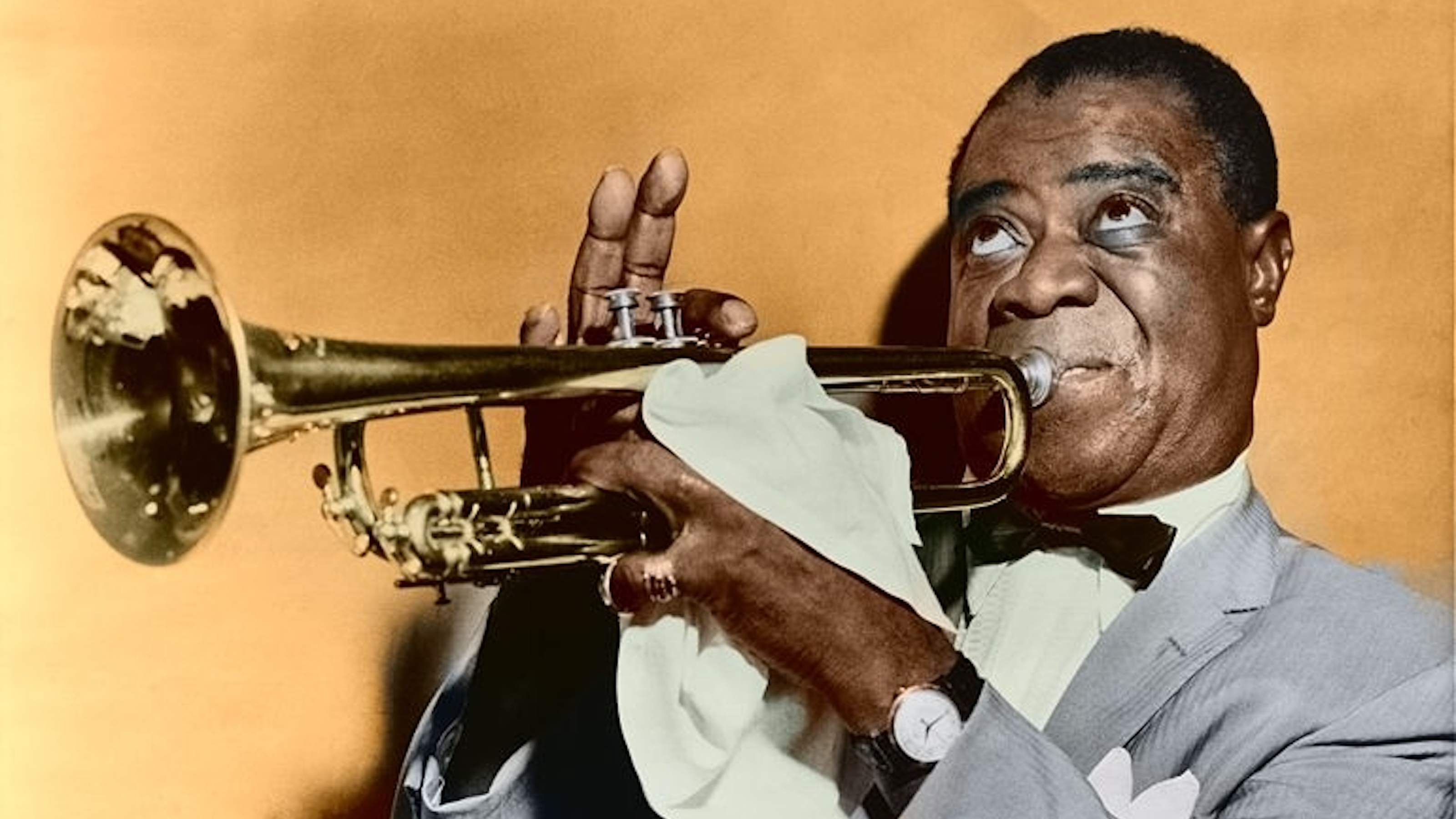Zakheim talks about organizing support for the Falklands War, working for Casper Weinberger, and the IAI Lavi controversy of 1987.
Dov Zakheim: Well you know, it’s a very grandiose kind of thing. I can say, you know, what little bits have I contributed to. Probably a number of things. One, when I was in the Reagan administration, I was the guy who organized support for the U.K. during the Falklands War. And it’s the 25th anniversary this year, and I gave some interviews to the BBC about it. That was really important to me. We made a difference. I was the guy that basically in effect reported to Caspar Weinberger. When I started out, he didn’t know me from Adam. I was a very junior guy. But what happened was my boss really wasn’t terribly interesting, and he said, “Well you take care of it.” And anything the Brits want, they had to come through me. And that was a fascinating experience, and of course it made a difference. I’m not sure the British could have won that war. And it was a very important war, because you know, we talk a lot about democracy. And sometimes I think the talk is a little bit misplaced. Sometimes I think it’s a little too glib. But here’s a case where the people of the Falkland’s Islands did not want to be part of Argentina. Argentina was run by a horrible dictatorship, and we stood on the side of the right guys. And to be part of that was very important. So I’m very proud of that. More recently . . . And actually at the time as well when I was in the Reagan administration, I was asked to review an Israeli aircraft program. And that was kind of weird because first, the Israelis usually get what they want in Washington. And secondly, here is an orthodox Jew who was taking a contrary stand. And I had people saying to me, “How can you do this?” And my answer was, “Because I’m an American, and I’m doing what I think is best for the American people and the American taxpayer.” We were giving Israel a boatload of money, and I didn’t think it was well spent. It turned out that the Israeli cabinet defeated that program by one vote. Afterwards, just about every member of that cabinet on either side of the debate came and told me privately that I’d been right; but I really took it hard for a while because of that. And they gave me a very hard time. And the other thing was that because the money didn’t go to this airplane. It went to Israeli submarines, which are very important for their deterrent today against Iran. It went to the Israeli Merkava tank, which is important. In other words, the intent of our money – our American money – was that it be well spent. And this way it was well spent. So I felt good about that. And then more recently in the Reagan . . . in the Bush administration, one of the things I did was to organize the support . . . the fundraising and material support for Afghanistan. And then I became the civilian coordinator for that country. And for all its troubles with the Taliban now, this is a country to which 2,000,000 people have re-immigrated. People vote with their feet, and it’s very important to remember that. See people still have faith in that country. They’re believing that they’re coming back. The vast part of that country is still safe. The president has been in power for five years. There is no civil war. I know a young man who was at one point a deputy defense minister. And he told me that he had started fighting at 16 and had not stopped until he was 39. Can you imagine that? And that’s for most of that population. So I feel good about how much we’ve done to that country. And frankly, I think whatever happens in Iraq, Afghanistan is a model of how the world can work together to make something work out, because I think it will.
Recorded on: 7/2/07





